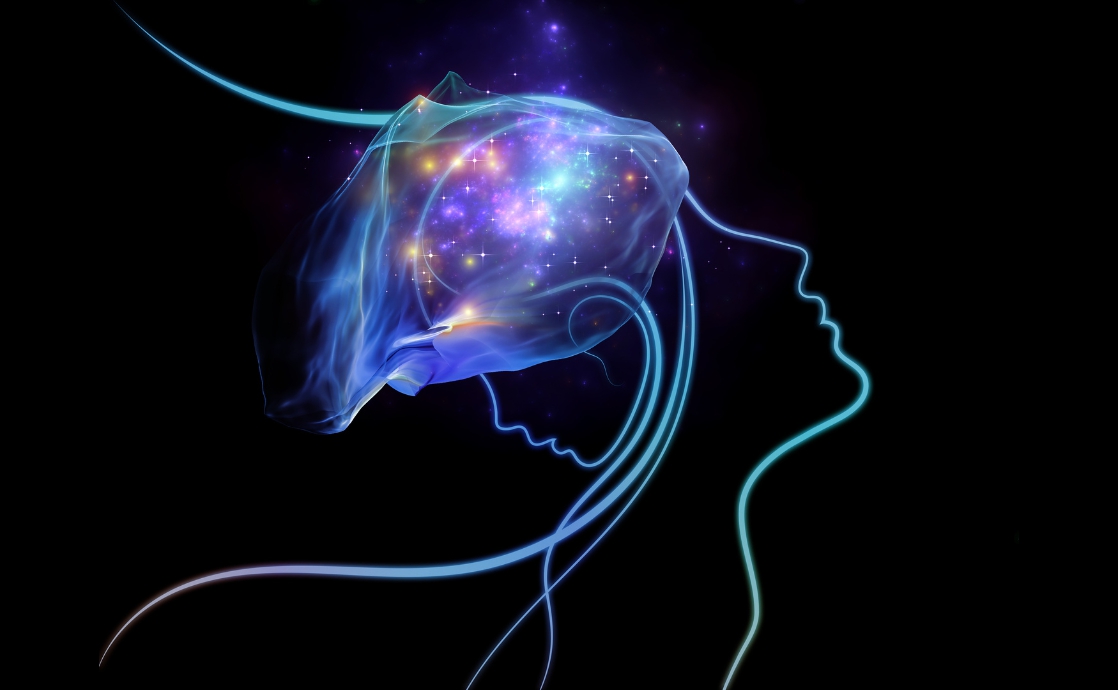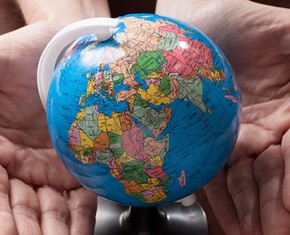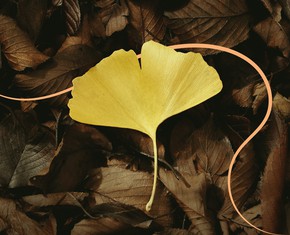The views expressed in our content reflect individual perspectives and do not represent the authoritative views of the Baha'i Faith.
Meg Wheatley, the organizational behavior specialist, said “Without reflection, we go blindly on our way, creating more unintended consequences, and failing to achieve anything useful.”
Consider this, then: when was the last time you engaged in some serious reflection?
From time immemorial the sages and monks, gurus and prophets have spent time in reflection and contemplation. They contemplated nature, God, life, and the purpose of all things, including their own selves. We human beings have an innate ability to be able to reflect, to focus our minds to unravel difficult questions, solve puzzles and conundrums, to come to decisions, and ultimately to take action:
… one can arrest and suspend [the action of] every faculty except thought and reflection; for a man cannot even by his own volition withhold himself from reflection or thought, nor keep back his musings and imaginings. – Abdu’l-Baha, A Traveler’s Narrative, p. 40.
Without the power of reflection humanity would be as lost children, without guidance and direction, left to their immature and not fully-formed conceptions, inexperienced and living in disarray and chaos.
So what should we reflect upon? We all contemplate our existence, wondering where we are going, what we are doing here, how we shall become. These are open-ended questions, with no single answer for all of us—yet at the same time we strive to fit in, to play our part, to find our niche in life and love.
Without the power of reflection we would be as boats upon the storm-tossed sea, moving willy-nilly through life’s events, following no single path to shore. Many of us navigate our lives that way, letting the currents find us and take us where they will. Others are sure of the path they’ve chosen, but many remain lost upon the sea, with no guide to help.
The Baha’i teachings encourage every human being to use their inner powers of reflection and meditation on discovering the purpose of life:
This faculty brings forth from the invisible plane the sciences and arts. Through the meditative faculty inventions are made possible, colossal undertakings are carried out; through it governments can run smoothly. Through this faculty man enters into the very Kingdom of God.
Nevertheless some thoughts are useless to man; they are like waves moving in the sea without result. But if the faculty of meditation is bathed in the inner light and characterized with divine attributes, the results will be confirmed.
The meditative faculty is akin to the mirror; if you put it before earthly objects it will reflect them. Therefore if the spirit of man is contemplating earthly subjects he will be informed of these.
But if you turn the mirror of your spirits heavenwards, the heavenly constellations and the rays of the Sun of Reality will be reflected in your hearts, and the virtues of the Kingdom will be obtained. – Abdu’l-Baha, Paris Talks, pp. 175-176.
Baha’u’llah said that examining earthly objects and the nature of things is productive of all the arts and sciences:
The source of crafts, sciences and arts is the power of reflection. Make ye every effort that out of this ideal mine there may gleam forth such pearls of wisdom and utterance as will promote the well-being and harmony of all the kindreds of the earth. – Baha’u’llah, Tablets of Baha’u’llah, p. 72.
But aside from earthly things, which can either mislead us or lead to great inventions and discoveries, reflection on the things of the spirit always produces results. Contemplating our own spirit, and keeping our power of meditation and reflection rightly directed challenges everyone. Constant interruptions and distractions abound. How often we wish for five minutes of peace, silence, so we may hear our own thoughts, our own heart, even the voice of God speaking to us with assurance.
However, if our lives focus on recognizing the will of God, we will aid the tiny boat to navigate the wind-tossed sea and find its way to safe harbors.
Abdu’l-Baha, in a letter to the Swiss scientist and psychiatrist Dr. Auguste Forel, offered his reflection on the place God should have within our lives:
… as we reflect, we observe that man is like unto a tiny organism contained within a fruit; this fruit hath developed out of the blossom, the blossom hath grown out of the tree, the tree is sustained by the sap, and the sap formed out of earth and water. How then can this tiny organism comprehend the nature of the garden, conceive of the gardener and comprehend his being? That is manifestly impossible. Should that organism understand and reflect, it would observe that this garden, this tree, this blossom, this fruit would in no wise have come to exist by themselves in such order and perfection. Similarly the wise and reflecting soul will know of a certainty that this infinite universe with all its grandeur and perfect order could not have come to exist by itself. – Abdu’l-Baha, Baha’i World Faith – Selected Writings of Bahá’u’lláh and ‘Abdu’l-Bahá, p. 343.
Time moves on inexorably, just as the sun and moon pass through the sky day after day, night after night. Before we know it a new dawn occurs, a new dusk follows, and what have we accomplished?
Meditation and reflection help us answer those important inner questions—and help direct us to new ones. We may ask ourselves that in moments of reflection and find ourselves either fulfilled or lacking. In doing so we can vow to do better. Better still, we can write our goals down and express them to others, which consciously creates a path to decision-making and action. The power of action in turn leads to change and growth, just like the tiny seed becoming a mighty oak.
















Comments
Sign in or create an account
Continue with Googleor